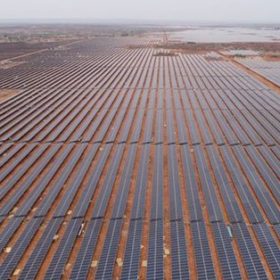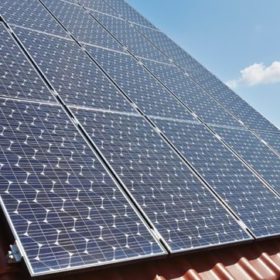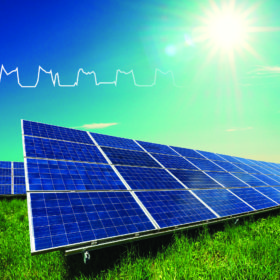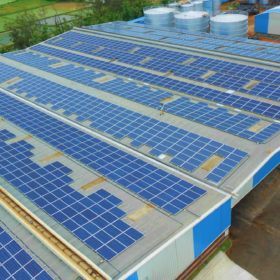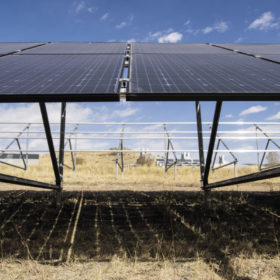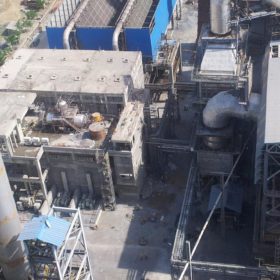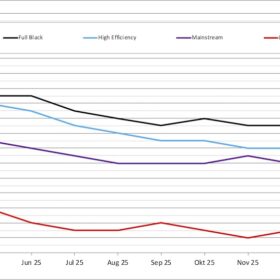India’s path away from climate disaster lies in the rapid growth of renewable power
The nation is already firmly positioned to lead the world in the clean energy revolution. Consolidating this position would unlock significant economic growth and competitiveness by attracting domestic and foreign investment, creating jobs, and improving public health.
INR 2.0/kWh tariff is a new milestone in Indian solar PV history
The minimum solar tariffs discovered fell by 131.5% over the last five years, with an 18% drop achieved in the last five months alone.
Hybrid power solutions using solar with grid take off in India
A recent GOGLA report indicates an increasing trend towards hybrid power solutions that integrate DC solar with AC grid power, and appliances that integrate both AC and DC power. In particular, the sales of hybrid solar inverter UPS in India is growing at 25% annually, much faster than conventional inverters’ 10% annual market growth.
CERC calls for proposals to study useful life and CUF of solar projects
The regulator has sought a detailed study after it received requests for reconsidering the useful life and capacity utilization factor (CUF) of solar projects as notified in draft regulations 2020.
SECI tweaks 100 MW solar-plus-storage Chhattisgarh tender
The Solar Energy Corporation of India has issued amendments to the procurement and extended the bidding deadline a second time.
India and Israel to work together on perovskite solar cells and lithium sulfur batteries
Low-cost batteries and novel perovskite materials are among the topics selected for joint research and development.
Financing distributed solar energy
A new report by Auroville Consulting highlights gaps and challenges existing today in financing rooftop solar based on its evaluation of the international lines of credit’s implementation at the state level (for Tamil Nadu), and the availability and accessibility of the financial support.
Bifacial PV modules no longer exempt from US Section 201 import tariffs
The U.S. authorities are currently subjecting imported bifacial modules to a 20% penalty – the same tariff applied to almost all other crystalline silicon solar modules.
Green recovery through energy efficiency
The Climate Group has reported that just 33 members of its global EP100 initiative avoided carbon dioxide emission by one billion metric tonnes purely through energy efficiency measures. Of this, 360 million metric tonnes—comparable to taking 77 million cars off the road for a year—was avoided in the last year alone.
Cabinet approves INR22600-crore budget for solar module and advanced battery manufacture
An ambitious, INR146,000 crore, five-year expansion of a previous domestic industry spending program includes money to attract investment into the sustainable energy and transport technologies.

